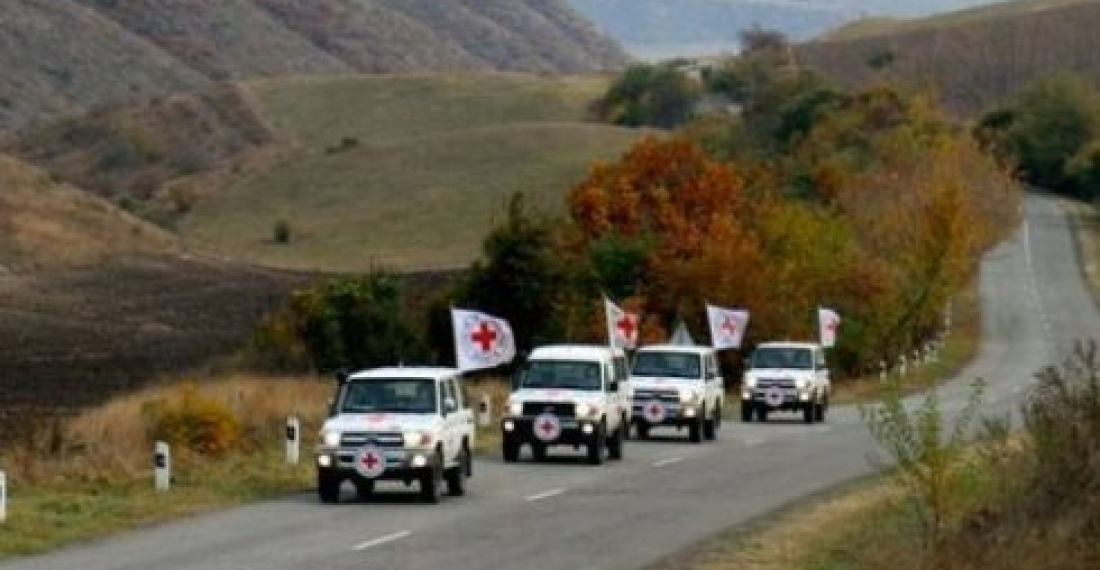The fighting between Armenians and Azerbaijanis in the Nagorno-Karabakh conflict zone has now entered its fourth week, and continued Monday despite appeals from statesmen and international organisations.
Armenia says that fighting has been heaviest on Monday morning in the southern sector. Over the last days Azerbaijan reported advancing in the districts of Jabrail and Fuzuli, and up towards the Khodaafrin Bridges on the border with Iran.
Iran this morning warned the sides in the conflict not to violate the border, and said any hostile act will be immediately answered. Iranian Foreign Ministry Spokesman Saeed Khatibzadeh told the media in Tehran this morning that security was Iran's red line.
On its part, Azerbaijan said that this morning its positions in Goygol, Tovuz and Daskesan had been shelled by Armenian forces.
It is understood that the International Committee of the Red Cross is still actively engaged in trying to arrange for the exchange of bodies of dead soldiers and of prisoners of war, but that this process is hampered by the absence of a cease fire. Two cease fires agreed over the last days have been grossly violated.
source: commonspace.eu with agencies
photo: ICRC convoy in the South Caucasus (picture courtesy of the ICRC, Geneva)







